Keywords: Indigenous Affairs
-
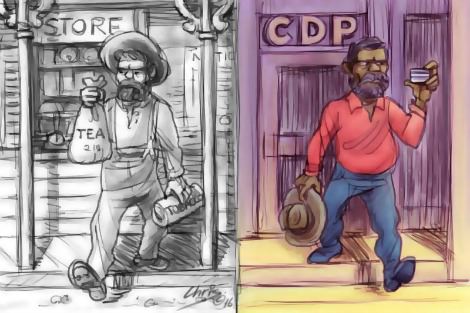
AUSTRALIA
- Celeste Liddle
- 02 December 2016
8 Comments
Indigenous workers of previous generations struggled and undertook strike actions so that their descendants would not be exploited and abused in the same way that they had been. While we may have many more Aboriginal people achieving and attracting higher waged work than we did in the years gone by, the exploitation of the most vulnerable in our community continues. The years may have ticked over, but the government's attitude to the value of Indigenous workers has not.
READ MORE
-

ENVIRONMENT
- Frank Brennan
- 28 November 2016
'No matter what the economic, political and legal problems confronted by modern day India, our response can be improved by an application of the key principles and norms developed in the international law of trade and human rights, helping to enunciate the realm of law, regulation and political accountability, enhancing public scrutiny providing the right environment for doing business.' Frank Brennan presents the 25th JRD Tata Oration, Xavier School of Management, Jamshedpur, India, 26 November 2016.
READ MORE
-

AUSTRALIA
- Rick Measham
- 07 November 2016
28 Comments
Growing up in Geelong, many friends worked at Ford, or Alcoa, Pilkington or any of the other allied suppliers. As each of these stopped manufacturing in Victoria's second city, employers and governments promised retraining. But where are the jobs? Factories are quickly moving to a 'lights out' operation, with no lights, no air conditioning — and no humans. Modelling suggests nearly 5000 Geelong residents will lose their jobs to the decline in manufacturing before the end of 2017, and 200,000 nationwide. Can we find new-economy jobs for every one of them?
READ MORE
-

AUSTRALIA
- Frank Brennan
- 13 October 2016
2 Comments
With idealism and pragmatism, I invite you criminal lawyers in the next 30 years to imagine and enact a better criminal justice system which alleviates rather than exacerbates the devastating effects of colonisation and marginalisation on Indigenous Peoples, and most particularly their children. An intelligently designed criminal justice system must help secure the foothold of Indigenous children in both the Market and the Dreaming.
READ MORE
-
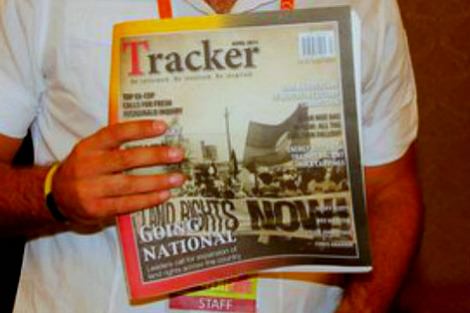
MEDIA
- Celeste Liddle
- 27 September 2016
8 Comments
When I started my blog Rantings of an Aboriginal Feminist four years ago, the major motivation was that I wanted to claim some space in the worldwide web for Aboriginal feminist left-wing discourse. I strongly felt that the mainstream media continued to ignore these types of opinions and, thanks to the internet providing public and freely available space, for the first time ever there was the ability to circumnavigate these traditional channels of communication. I believed no one would read it.
READ MORE 
-
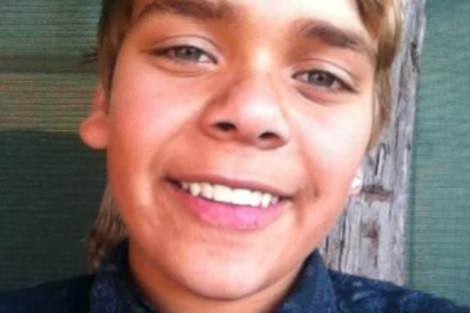
AUSTRALIA
- Kate Galloway
- 06 September 2016
5 Comments
This is the scandalous state of Indigenous affairs in Australia. Aboriginal and Torres Strait Islander people and their communities literally face a life and death struggle against the state itself. These are not isolated incidents. They represent the intrinsic failure of our society to heed the concerns of communities themselves, and to engage with fellow citizens in a dignified and respectful way. The failure is so grave that state treatment meted out to Indigenous Australians is actively harmful on a large scale.
READ MORE 
-
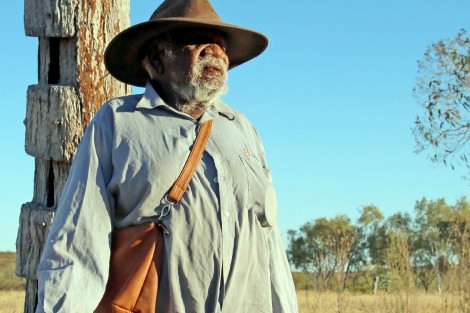
AUSTRALIA
- Moira Rayner
- 23 August 2016
9 Comments
I had been in WA for exactly a year when the local newspaper reported that a white guy had led about 200 people off Wave Rock station. Coming out of the comfortable myth that my home country of New Zealand was not racist, I was amazed to learn that Australia's Indigenous people were obliged to work without industrial protections. In 1966 it was the British Vesteys Group that had been exploiting Aboriginal people: today it is the State in the guise of 'community development', aka work for the dole.
READ MORE 
-
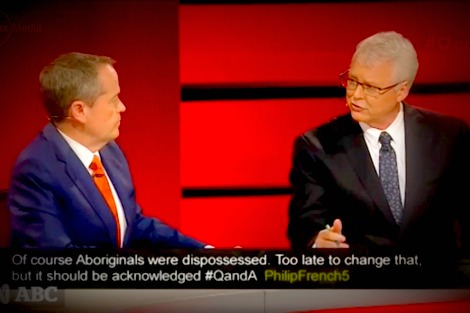
AUSTRALIA
- Celeste Liddle
- 22 June 2016
8 Comments
For the first time ever, I got the sense that political views on the importance of Indigenous issues had shifted. It was not due to an increase in Indigenous voices in the political discussions nor was it because either of the major parties announced a policy which I found remotely inspiring. Rather it was because, under the glare of the camera, the leaders of the two major parties both attempted to show a greater understanding of the Indigenous political agenda than they have before.
READ MORE 
-
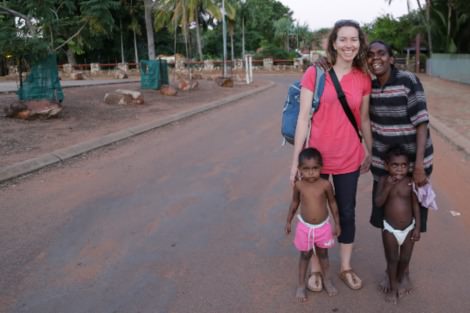
AUSTRALIA
Doreen, a women's leader from the community in Kalumburu, said, 'it is our dream for us women to get up and make the community stronger'. Such determination ought to be facilitated. What this means is making avenues where Indigenous culture and cultural life are at the centre of the conversation to effect change. Instead of adopting a 'helping' attitude, there needs to be a shift towards facilitating self-agency as an economically rational approach when it comes to Indigenous Australians.
READ MORE 
-
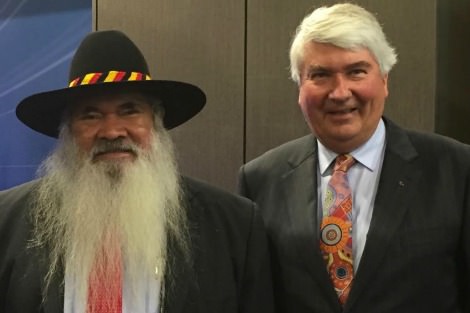
AUSTRALIA
- Frank Brennan
- 15 April 2016
21 Comments
The royal commission into Aboriginal deaths in custody, which signed off on its final reports 25 years ago this Friday, definitely improved the systems for supervision of persons in detention, reducing the risk of deaths in custody. It also led to better coronial procedures. But it failed to reverse Indigenous imprisonment rates and it did little to counter the underlying causes of Indigenous imprisonment. Back then, Patrick Dodson saw police as the main problem. Now, he thinks it's the legislators.
READ MORE 
-
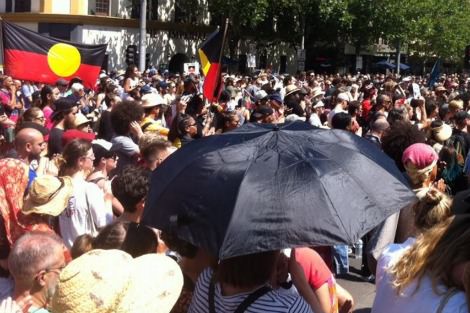
AUSTRALIA
- Celeste Liddle
- 01 February 2016
27 Comments
On the day of the Invasion Day rally in Melbourne, I was abused for wearing a pro-Aboriginal rights t-shirt. I wasn't shocked. Indeed, I even expected it. It is not the first time I have been abused as an Indigenous activist on Australia Day. What did shock me were the media reports on the rally. When I read that the densely packed, energetic, noisy crowd consisted of only 150 people, I was surprised, to say the least. I and other seasoned protesters estimated the crowd at around 3-5000.
READ MORE 
-
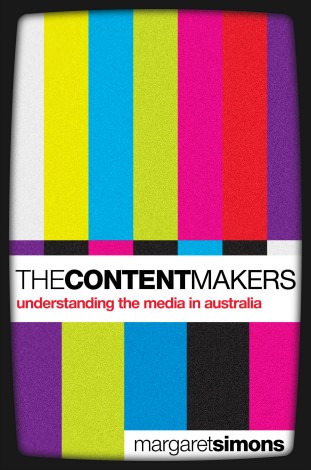
MEDIA
- Jeff Sparrow
- 27 January 2016
13 Comments
Josh Bornstein compared the ABC to the victim in an abusive relationship, desperately trying to ward off the next blow by anticipating the criticism of its enemies. Certainly, enlisting Andrew Bolt to participate in a documentary on Indigenous constitutional recognition seems like a pre-emptive defensive move against the accusations of bias that are routinely levelled against the national broadcaster. For Bolt the arrangement is win-win; for the ABC it's yet another example of self-sabotage.
READ MORE 